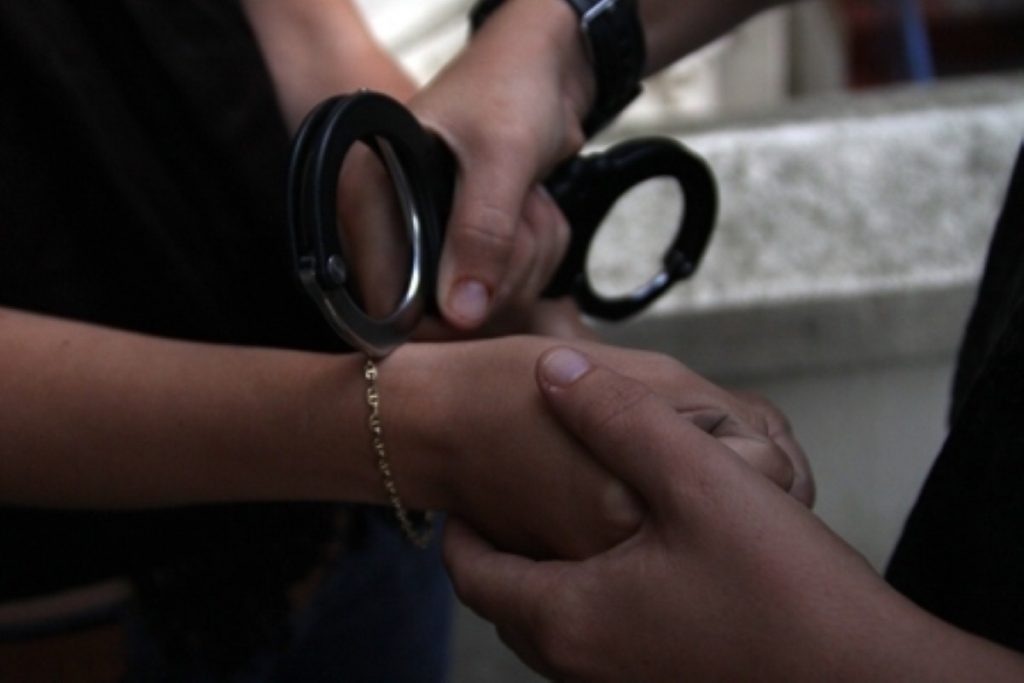Phone-hacking: New arrests at News of the World
Another senior News of the World reporter has been arrested, as the investigation into allegations of phone hacking at the newspaper picks up speed.
The Met have arrested James Weatherup, a senior reporter, on suspicion of unlawfully intercepting mobile phone voicemail messages.
He was arrested this morning and remains in custody for further questioning.
Mr Weatherup previously worked as news editor at the newspaper between 2004 and 2006 under the editorship of Andy Coulson, David Cameron’s former director of communications.
The dramatic step by the Met is expected to lead to further searches of the News of the World offices.
The move follows the arrest, and subsequent release on bail of Neville Thurlbeck, the chief reporter and Ian Edmondson, a former news editor, last week.
News of the World issued a public apology on Friday to any victims of phone-hacking and offered compensation to at least eight individuals.
But this offer has not drawn a line under the issue, as some celebrities like actress Sienna Miller are expected to press ahead with legal action.
Questions remain about how widespread the use of phone-hacking was at the newspaper and how far up the chain of command knowledge of the activity reached.
The recent arrests will once again raise queries about Mr Coulson’s knowledge and that of News International chief executive Rebekah Brooks.
The phone-hacking scandal first broke in 2004, where the original police investigation brought about the conviction of the paper’s royal editor, Clive Goodman, and private detective Glenn Mulcaire for intercepting the voicemails of members of the royal family.
At the time, the News of the World maintained phone-hacking was the work of one rogue reporter, but civil court cases – by celebrities who believed their phone had been targeted – have brought evidence to light of a more widespread practice.
A new police investigation, Operation Weeting, has also pursued the investigation with more vigour, as shown by today’s arrest.
The Met are under pressure to explain the failure of the first investigation to find the further evidence of criminal activity.
Acting deputy commissioner John Yates and director of public prosecutions Keir Starmer locked horns last week over the legal advice given to the Met in the original investigation.
Mr Yates told the home affairs select committee that the police had been advised to only consider phone-hacking cases when a voicemail had been intercepted before it was listened to by the intended recipient. Mr Starmer subsequently denied this advice was given.
They have since issued a joint statement smoothing over the public dispute, but their evidence to the committee remains contradictory.





-01.png)